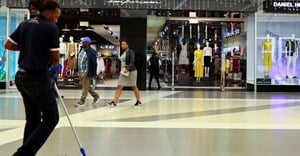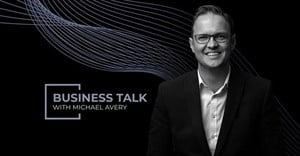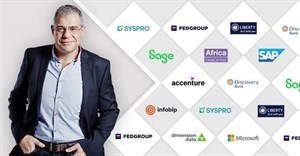Trending
Elections 2024
Jobs
- Accountant Johannesburg
- Branch Accountant Johannesburg North
- Declinations Officer George
- Motor Insurance Claims Consultant George
- Senior Professional Officer Cape Town
- Administrator George
- Business Sales Agent George
- Insurance Sales Agent White River
- Admin and Finance Coordinator Cape Town
- Debtors and Creditors Clerk Pretoria
The cause and effect of behaviour economics

Discovery Bank says it will reward people for "good financial behaviour".
With the launch set for March 2019, Butterfly Effect Intelligence (BEI) decided to take a deeper look into this behavioural approach, analysing how (if at all) the various financial services companies in South Africa make use of this so-called behaviour economics (BE).
Why does BE even matter?
Simply put, we want people to buy our products and services. Merely promoting them isn’t good enough anymore, surrounded as we are by a sea of competition, distraction and noise. If we understand why our target markets behave the way they do, we could possibly reach them more easily and in a more lasting way.
Basically, we’re talking about the marriage of psychology and economics. BE aims to help us understand the decisions people make around resources such as money, including the mistakes. For starters, BE challenges the belief that people are rational when they make decisions, especially big ones.
Looking at the 10X Retirement Reality Report, how we face a number of serious financial challenges, is often brought about by irrational choices and decisions: 41% of South Africans have no retirement plans; 36% of women don’t save or invest at all and 51% of employed millennials don’t invest in provident or pension funds. The economic impact of this on all taxpayers cannot be overstated.
Many incentives have been created around us – to help us be more responsible – but many assume that people behave in their own best interests. BE shows us that people are actually quite irrational.
Not so rational, after all
For instance, many people would rather avoid a loss than reap a reward. BE calls this loss aversion. For example, imagine buying a bottle of shampoo. Your favourite brand is on promotion. One bottle offers a 20% discount and one bottle is the normal price, with free conditioner. Loss aversion theory tells us you’re more likely to choose the bottle with the gift, even if its value is less than the discount. People don’t want to miss out on the chance of a free gift, no matter the value. It feels more tangible than a discount, like they’ve scored a deal.
In another example, many people would rather have a small reward now, than hold out for a much larger one in the future. BE calls this hyperbolic time discounting. An example would be someone offering you a R50 discount now, versus a R100 discount in six months’ time. Chances are you wouldn’t want to wait six months because there are risks involved. Again, the Vitality programme is a prime example, offering immediately rewards for achieving your weekly goal.
Traditionally, companies have designed products and services for consumers, based on what they believe will sell. The new thinking is that it’s far more effective to try and nudge people’s behaviour towards wanting to buy. Putting BE to use, especially at product design-stage, can increase market success. Using it to understand why your consumers behave in one way rather than another, can bring you closer to them for a more fruitful relationship for both parties.

















